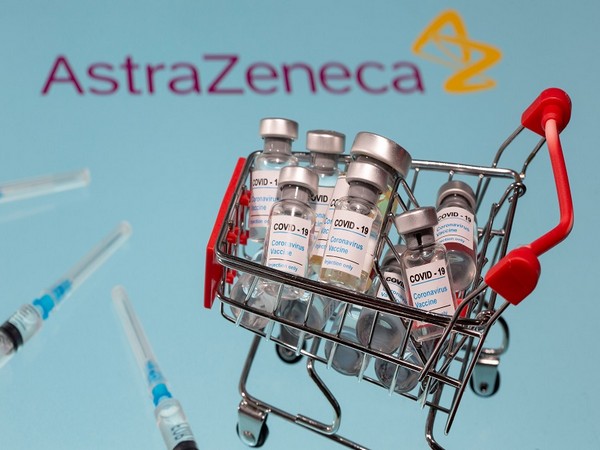Covid-19: UK citizen from Oxford becomes world's first person to receive AstraZeneca vaccine
UK citizen Brian Pinker, 82, became the first person in the world to be administered the coronavirus vaccine developed by the University of Oxford and the AstraZeneca pharmaceutical company, the UK National Health Service (NHS) in England said on Monday.

London: UK citizen Brian Pinker, 82, became the first person in the world to be administered the coronavirus vaccine developed by the University of Oxford and the AstraZeneca pharmaceutical company, the UK National Health Service (NHS) in England said on Monday.
The United Kingdom approved the use of AstraZeneca-Oxford vaccine last week. The mass vaccination campaign began on Monday.
'I'm so pleased to be getting the COVID vaccine today and really proud it is one that was invented in Oxford.'
82-year-old Brian Pinker became the first person in the world to receive the new Oxford AstraZeneca vaccine this morning at @OUHospitals. ? pic.twitter.com/nhnd3Sx97mAlso Read | New Covid-19 strain in India: No fresh case in last 24 hours, tally stands at 90
— NHS England and NHS Improvement (@NHSEngland) January 4, 2021
"82-year-old Brian Pinker became the first person in the world to receive the new Oxford AstraZeneca vaccine this morning at Oxford University Hospital," NHS England said on Twitter.
In a press release, the NHS said that Pinker suffered kidney disease for years and was underway with dialysis treatment.
Pinker, who described himself as "Oxford-born and bred," as quoted in the press release, said that the vaccination gave him peace of mind.
Also Read |
Worldwide COVID-19 cases surpass 65 million-mark
"The NHS is the first health service in the world to deliver the life-saving Oxford AstraZeneca jab, which is easier to transport and store than the Pfizer jab," NHS England said.
The Oxford-AstraZeneca vaccine has shown an average efficacy of 70.4 percent in clinical trials. It is a vaccine built on a chimpanzee adenovirus. In December, AstraZeneca teamed up with Russia's Gamaleya Research Institute, whose Sputnik V vaccine builds on a human adenovirus and has shown much higher efficacy during clinical tests, 91.4 percent, to develop a joint version.
Pfizer's vaccine, on the other hand, is based on genetic material called mRNA, which needs extreme cold temperatures in order not to collapse. As a result, the vaccine should be stored and transported at at least -70 degrees Celsius (-94 degrees Fahrenheit). (ANI/Sputnik)
 Dynamite News
Dynamite News 